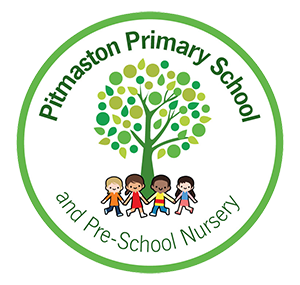Each year we complete a pupil well-being survey where children are asked a series of questions relating to their feelings towards school, their sense of belonging within the school community and how well they feel they are noticed and their achievements recognised by adults in school. The responses help to guide our whole school focus as well as individual year group and class activities.










